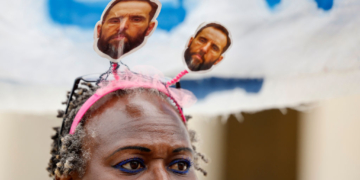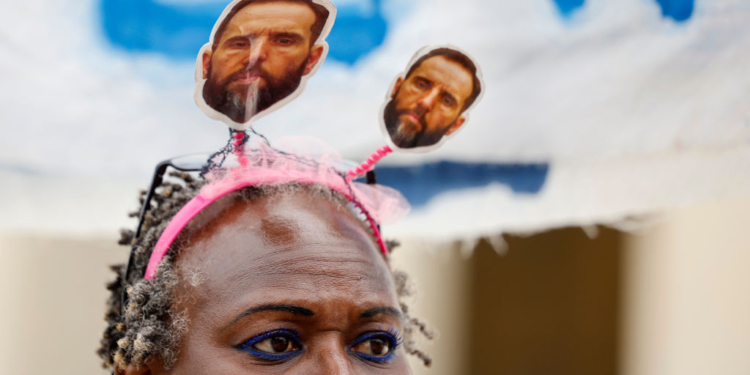The U.S. Supreme Court has ruled former President Donald Trump has substantial immunity from criminal prosecution in some official acts he did as president, but not unofficial acts, per Fox News.
The case stemmed from actions Trump made in 2020 when he tried to overthrow the election.
The Court, by a 6-3 vote, returned the case to a lower court since the justices did not consider whether or not Trump is immune from prosecution for actions specific to the 2020 election, per Politico.
Special Counsel Jack Smith’s charged Trump with conspiracy to defraud the United States; conspiracy to obstruct an official proceeding; obstruction of and attempt to obstruct an official proceeding; and conspiracy against rights.
Those charges stem from an investigation into whether Trump was involved in the Jan. 6, 2021, Capitol riot and interfered in the 2020 election result.
Trump pleaded not guilty to all charges. Trump said he should be immune from prosecution for official acts he did as president.
In its decision, the Court threw out some of the allegations Smith made against Trump. They include claims he attempted to weaponize his Justice Department to concoct or claims of voter fraud.
Part of the case was also sent back to U.S. District Judge Tanya Chutkan so she can now delineate what actions were taken by Trump, the president, or Trump, the presidential candidate.
This is expected to delay any trial to past the election.
Chief Justice John Roberts, in his opinion, stated former presidents have “absolute” immunity from criminal prosecution over actions that are within their “core constitutional powers.”
“There is no immunity for unofficial acts,” Roberts stated,
Trump immediately posted about the decision on Truth Social.
“Big win for our Constitution and democracy, proud to be an American!” he wrote.
The Court’s decision was not cut-and-dry.
The Supreme Court’s opinion left a lot of ambiguity about surrounding Trump’s immunity acts related to his office but outside his purview of the president under the Constitution.
That leaves open a question of whether Trump’s interactions with then-Vice President Mike Pence leading up to Jan. 6, 2021, count were “official.” If deemed official, they are immune from prosecution.
If not official, Trump cannot claim immunity.
Chutkan must also decide if Trump’s efforts to pressure officials to reverse the certified results of their elections was criminal or not.
The three dissenting liberal justices said the decision was “utterly indefensible.”
“This majority’s project will have disastrous consequences for the Presidency and for our democracy,” Justice Sonia Sotomayor wrote. She was joined by Justices Elena Kagan and Ketanji Brown Jackson in the dissent.
“The damage has been done. The relationship between the President and the people he serves has shifted irrevocably. In every use of official power, the President is now a king above the law,” she wrote. “The majority’s single-minded fixation on the President’s need for boldness and dispatch ignores the countervailing need for accountability and restraint. The Framers were not so single-minded.”
Roberts’ majority opinion stated “the system of separated powers designed by the Framers has always demanded an energetic, independent Executive.”
Therefore, the chief justice wrote, former presidents “may not be prosecuted” for conduct that derives from their constitutional duties.
“The President enjoys no immunity for his unofficial acts, and not everything the President does is official,” Roberts wrote. “The President is not above the law. But Congress may not criminalize the President’s conduct in carrying out the responsibilities of the Executive Branch under the Constitution.”

























